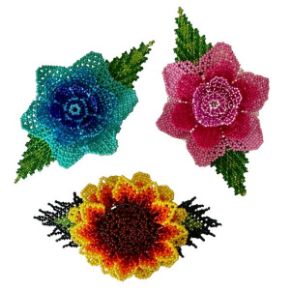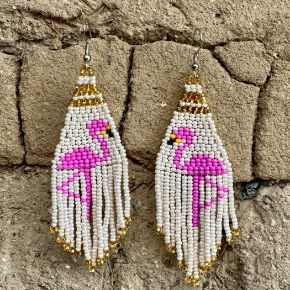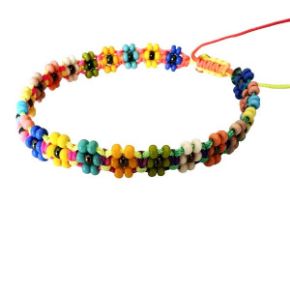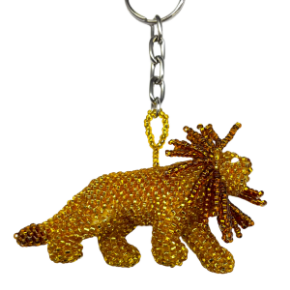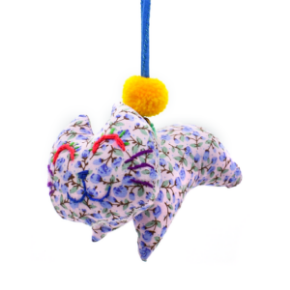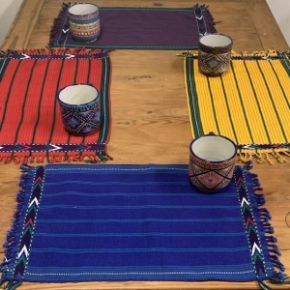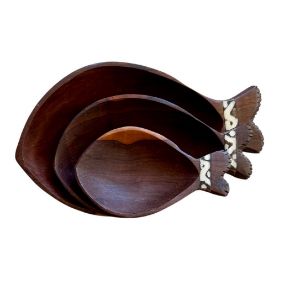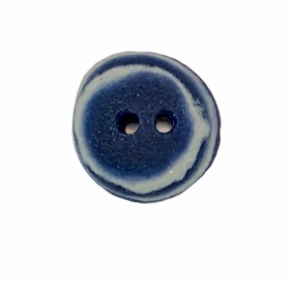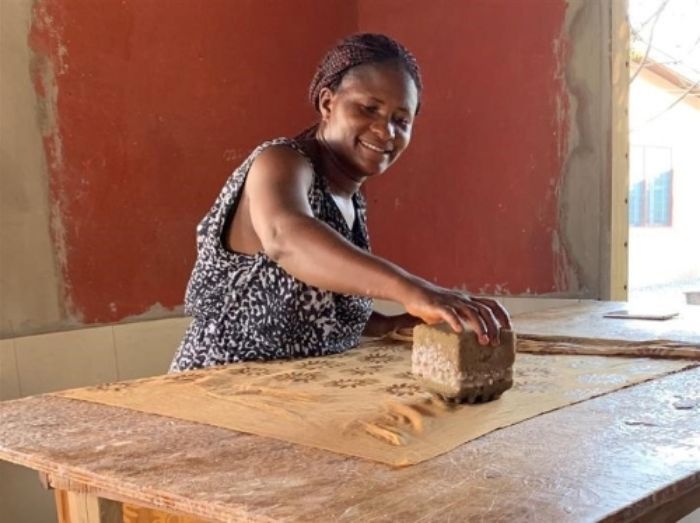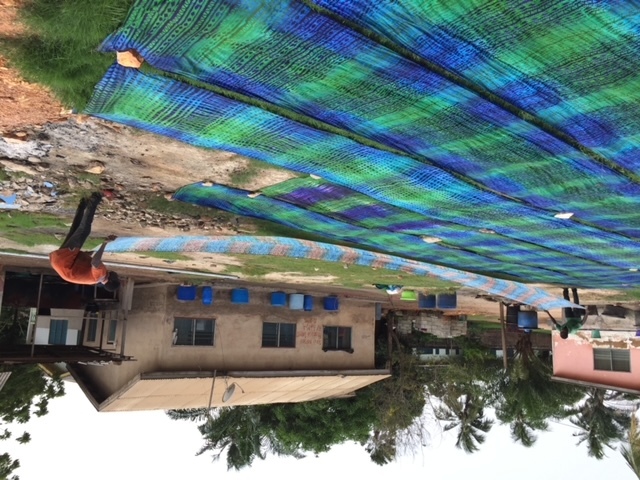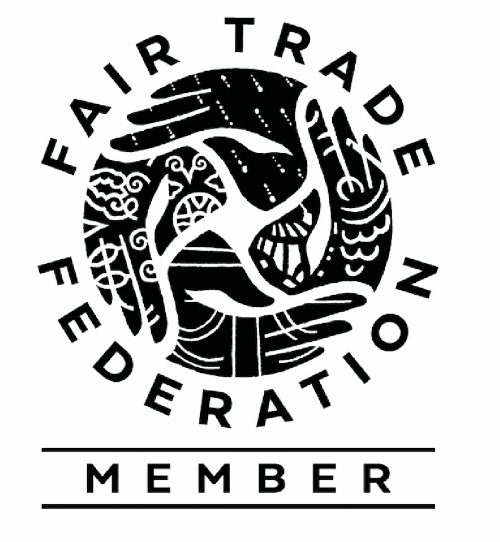"Batik." How do you pronounce this word? Most English speakers say buh-TEEK with emphasis on the second syllable. The word, of Javanese origin, is pronounced BAH-tik in Indonesian, with emphasis on the first syllable. According to some sources, the term evolved from Javanese amba (to write) and the Malay word titik (dot). Writing with dots…
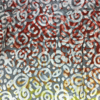
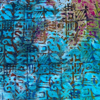
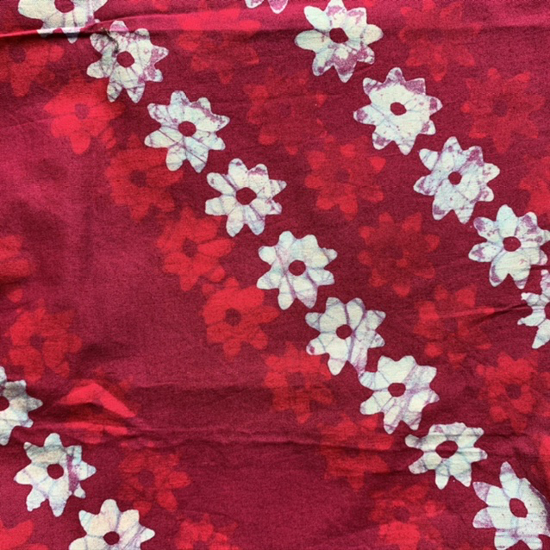
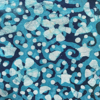
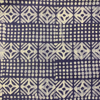
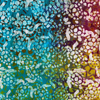
Mystique
When I start digging for origins, Indonesia features prominently. (Indonesian batik was internationally recognized when UNESCO added it to its Intangible Cultural Heritage of Humanity list in 2009. Read about it: UNESCO Cultural Selection.)
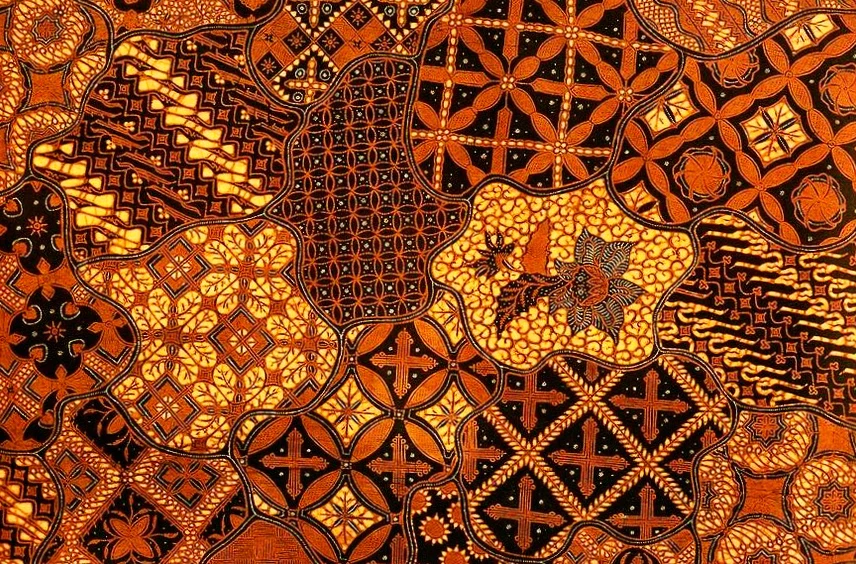
The Indonesian island of Java’s fine batiks were highly sought after by traders from Europe, the Arab world, and India, not long after the middle ages. Yet, it appears the art form was practiced in various ancient cultures. A batik-like linen grave cloth has been unearthed in Egypt, which dates from the 4th century BC. White patterns contrast with an indigo-blue background, which could very well have been made by scratching designs into the wax.
Technique
Wax is the keyword here. Hot, liquid wax. Patterns are created by dropping dots and lines with a spouted tool filled with wax onto cloth, or with wax-soaked stamps. Then the cloth is soaked in cold water dye. Everywhere the wax was applied, it resists the dye. When the piece is washed in hot water, the wax melts away, resulting in a two-toned printed piece of cloth. The process can be repeated multiple times with new wax designs applied once the cloth is dry, then dipped into new shades or colors.
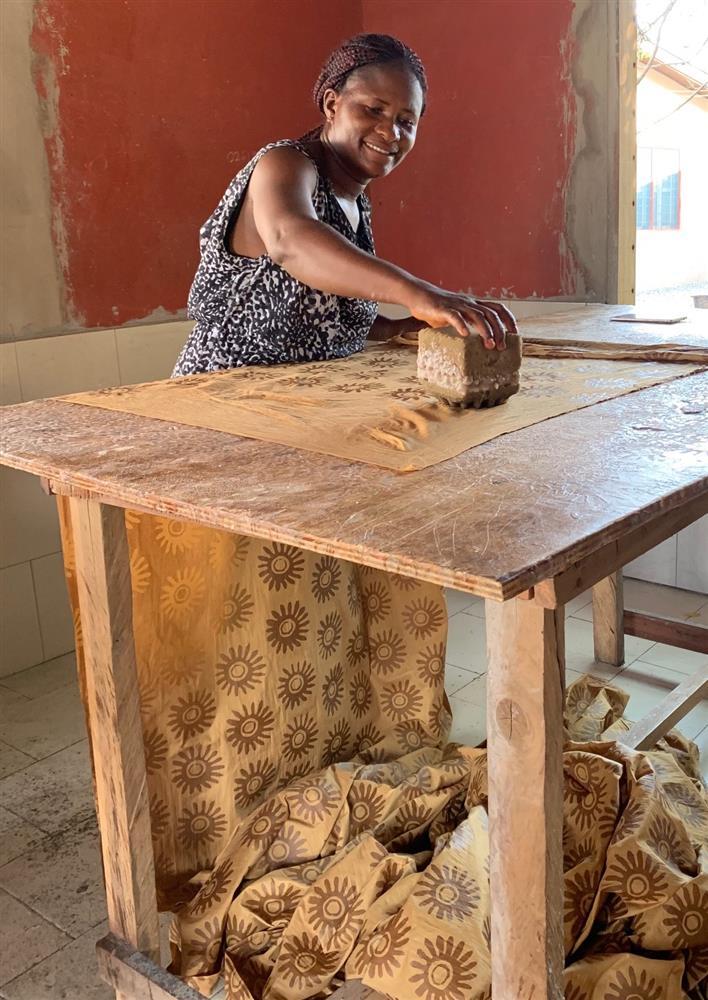
Unique
Phew! What a labor-intensive process! One can see why Unique Batik even re-purposes the precious batik fabric cut-offs into beautiful products. For example, check out these earrings or these scrunchie necklaces.
Since 1999 when Unique Batik first met a few small artists in West Africa, its own indelible impressions are clearly seen. Over the years trusting relationships with the families have slowly grown, as regular personal visits are made to the workshops. Unique Batik is still a vital link between them and customers on this side of the Atlantic.
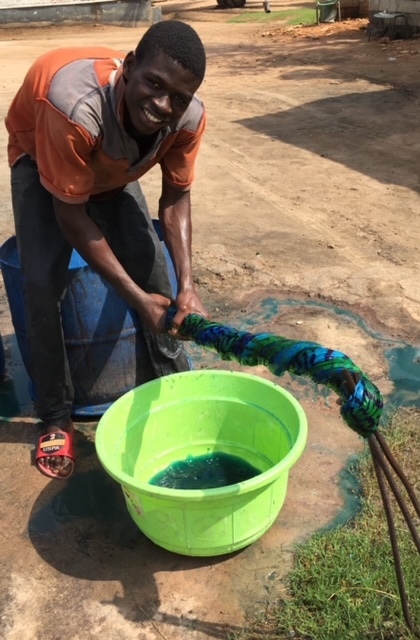
So, big applause for tremendous and faithful effort is appropriate! And a little pause for reflection:
I was thinking about the singularity of each hand-printed cloth. (The word “unique” has roots in the word “one”.) Have you thought about how we all leave our unique mark in the circles we move, intentionally or not? By our individual choices, we can resist common default reactions to what life throws at us, just like the wax repels the dye, with extraordinary results! Imagine how our environments can be custom decorated by forgiveness instead of bitterness, by thankfulness instead of complaining. Each one of our pièce de résistance is a jaw-dropping work of art.
Pique your “Interestique”
If you want to try your hand at the actual process of batik, you can follow this tutorial for a small beginner project: Handprinted Introduction to Batik

